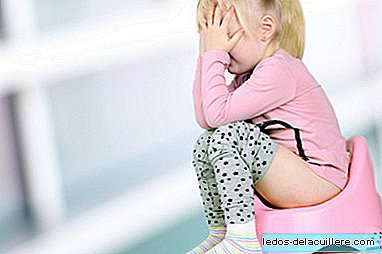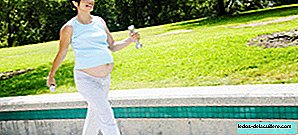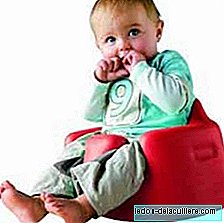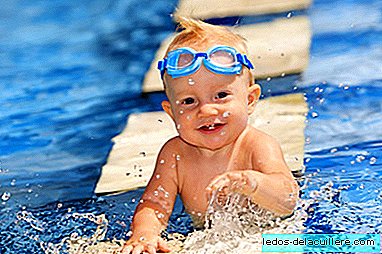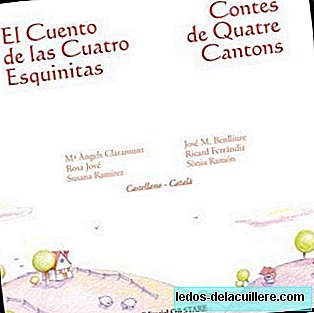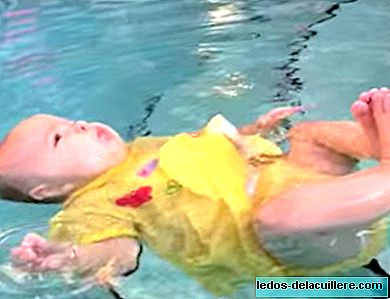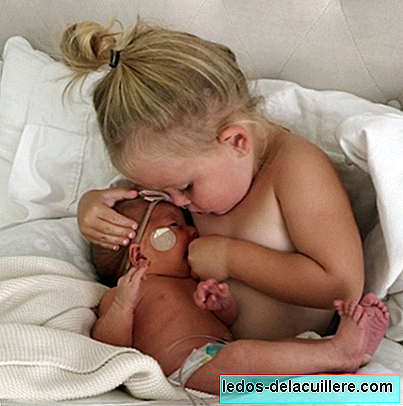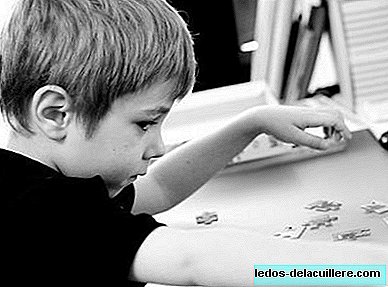
Children's puzzles are a common game since they are babies, with simple pieces that fit together. The benefits of this game for the development of children were already known, and recently American researchers have published a study that shows that children who spend time on puzzles have more spatial skills than those who entertain themselves with other games.
So puzzles are a simple way to enhance the development of an aspect of cognition that implies greater skills in science, technology, engineering and mathematics.
The lead author of the study, from the Department of Psychology at the University of Chicago, recognizes that one of the "most important implications of the research is that it confirms that space skills are 'moldable' and parents can enhance their development if they play with their sons".
Visospatial intelligence (ability to think and perceive the world in images) occurs in people with great capacity to think in three dimensions. In addition, it allows to perceive external images, recreate them, transform them ... It is also related to the sensitivity of an individual to the figures, shapes, lines ...
The study data
To prepare their study, published in the journal 'Developmental Science', the team of researchers visited 53 children (from two to four years old) and their parents in their homes every four months, after the children were one year and two months On each 90-minute visit, families were videotaped while doing their ordinary activities.
Parents were not told to play a certain game, but to spend their time as usual. When the little ones turned 54 they completed a series of tests that help establish spatial skills.
When examining the video recordings of parents interacting with children during daily activities, researchers found that those who played with puzzles had better spatial skills when they were evaluated at 54 months of age.
Children who do puzzles were more capable of mentally transforming (rotating or moving) shapes than those who entertained themselves with other games, which is an important predictor of capacity building for science, technology, engineering and maths.
The study, the first to observe the relationship between puzzles and the development of spatial skills in a natural environment, also took into account other factors that could alter the results and that seem very important, such as the socioeconomic level of the parents, their education and how to talk to children during the game.
Other data pointed out by the research are that the parents with the highest income and the highest level of training are the ones who did the most puzzles with their children. Both boys and girls who entertained them had better spatial skills, but boys who executed more complicated puzzles than girls.
Finally, the fact that the parents who participate with their children in the elaboration of the puzzle uses more often stands out as significant space language.
Although researchers recognize that more studies are needed to determine
if it is this game or the language that children receive about spatial concepts that enhances their abilities. We must also establish why there is a difference between the sexes when it comes to executing easier or more difficult puzzles.
Anyway, we see that many aspects of this study remain to be demonstrated, although I would tell you to use the puzzles, among other games, because children love it, it makes them think and have fun at the same time, regardless of their utility to enhance space skills, which by the way could also be achieved through construction games and certain computer games such as Tetris.


